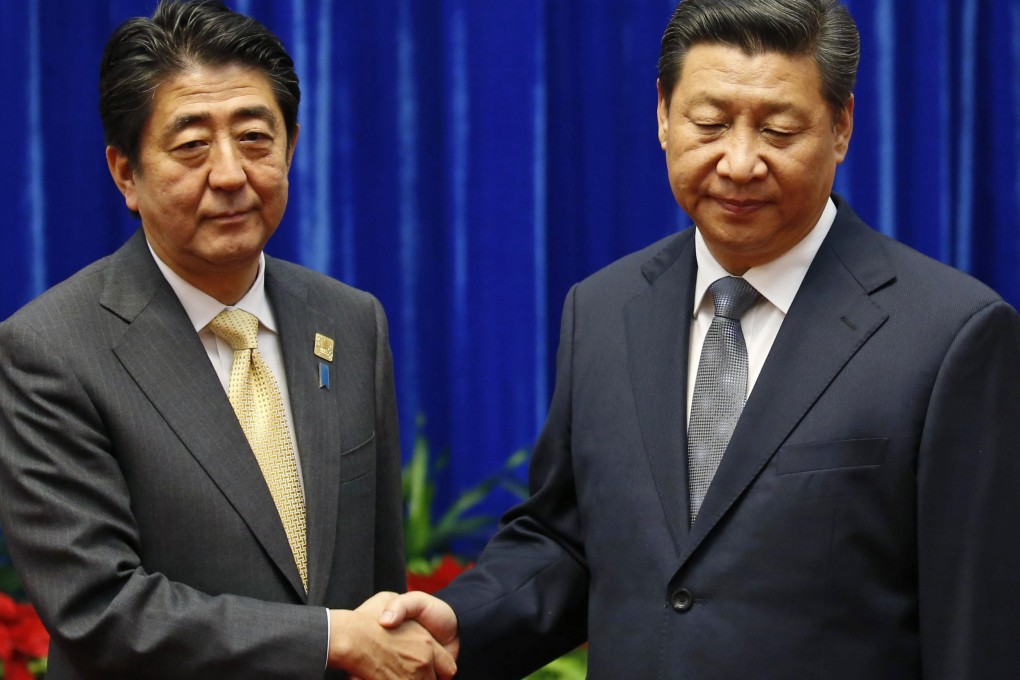Japan's Shinzo Abe welcome to China's WW2 parade if 'sincere': Beijing
Anyone who is sincere can come to the event marking end of second world war, the foreign minister says in message to Japanese leader

The foreign minister said on Sunday that Japan's political leaders needed to be more sincere in dealing with historical issues - and suggested that if they were then China would be open to inviting Japanese Prime Minister Shinzo Abe to a military parade and other events marking the 70th anniversary of the end of the second world war.
"We will extend invitations to the leaders of all relevant countries and international organisations, and will welcome anyone who is sincere about coming," Foreign Minister Wang Yi said during a press conference in Beijing, when asked whether China planned to invite Abe to the commemorations.
But Wang renewed calls for Abe's government to properly face Japan's role and its defeat in the war.
"Seventy years ago Japan lost the war. Seventy years afterwards, Japan must not lose its conscience," he said.
"Will it continue to carry the baggage of history or will it make a clean break with past aggression? Ultimately, the choice is Japan's."
Relations between the Asian powers have plunged over issues including territorial disputes and Japan's 19th- and 20th-century invasions, with the Communist Party regularly stoking nationalism as part of its claim to a right to rule.
"This [war] has been haunting the China-Japan relationship," Wang said, pointing his index finger in the air and recalling the words of an elder Chinese diplomat: "The more the victimiser is conscious of his guilt, the easier the victimised can recover from their suffering.